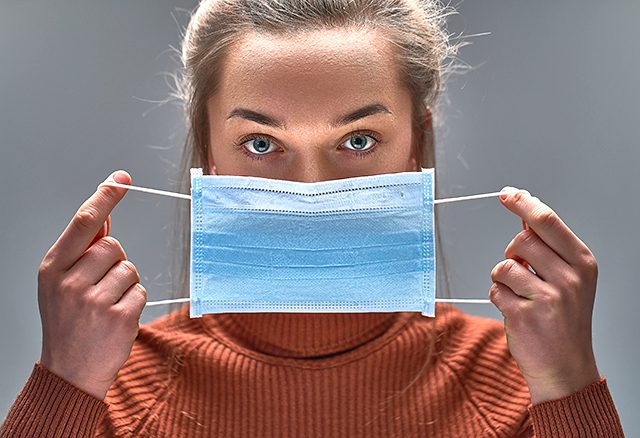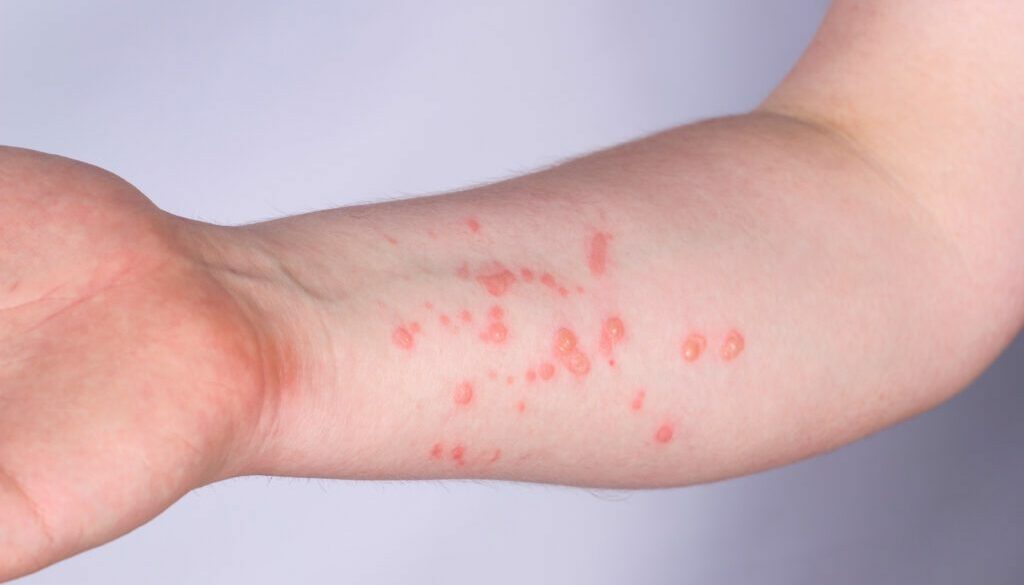Monkeypox
Keeping up with the information superhighway can be a daunting task. Absorbing too much of the news cycle can leave you feeling overwhelmed or anxious. Alternatively, many individuals have sworn off the news in the last several years, leaving them feeling disengaged and out of touch with the headlines. Regardless of the category, you fall in, you’ve likely been hearing about the latest virus to hit the US, Monkeypox. We’ve broken down the must-know information about this virus to give you the tools you need to stay vigilant and healthy.
Where did monkeypox come from?
The name, alone, is scary, conjuring up visions of a blockbuster movie from the 90’s where American scientists struggle to find a cure for a deadly virus brought to America by an African monkey. According to the CDC, Monkeypox is a rare disease in the same family as the variola virus, the virus that causes smallpox. Symptoms are similar to Smallpox, though often much milder than monkeypox. Discovered in 1958, in colonies of monkeys, it wasn’t until 197 that it was first recorded in humans. And while it’s been over 50 years since its discovery in humans, it wasn’t until 2022 that the virus was detected in people who had not recently traveled to countries where the virus commonly occurs.
Symptoms of monkeypox
Symptoms of the monkeypox virus are like that of the common flu. Patients may experience fever, headache, muscle and back aches, swollen lymph nodes, chills, exhaustion, and respiratory symptoms (sore throat, nasal congestion, or cough). Another unique symptom that most people diagnosed with monkeypox will get, is a rash that may be located on or near the genitals, but could also be found on hands, feet, chest, face, and mouth. The rash may resemble scabs, pimples, or blisters that may be itch or even painful.
According to the CDC, symptoms usually start within 3 weeks of exposure to the virus. Monkeypox can spread from the time symptoms start until the rash is healed. Typically, the illness lasts 2-4 weeks. Monkeypox can spread from person to person in several ways. Direct contact with the monkeypox rash/scabs, touching fabrics (clothing, bedding, towels) that have been in contact with the rash, or contact with respiratory secretions. What would be considered direct contact? Prolonged face-to-face contact, hugging/kissing, touching contaminated fabric, and physical contact from sex or skin-to-skin contact.
How to prevent monkeypox
The CDC recommends the following steps to prevent getting monkeypox.
- Avoid close, skin-to-skin contact with people who have a rash that looks like monkeypox.
-
- Do not touch the rash or scabs of a person with monkeypox.
- Do not kiss, hug, cuddle or have sex with someone with monkeypox.
- Avoid contact with objects and materials that a person with monkeypox has used.
-
- Do not share eating utensils or cups with a person with monkeypox.
- Do not handle or touch the bedding, towels, or clothing of a person with monkeypox.
- Wash your hands often with soap and water or use an alcohol-based hand sanitizer, especially before eating or touching your face and after you use the bathroom.
What to do if you think you have monkeypox
If you or a loved one is experiencing symptoms of monkeypox, we advise to contact your Primary Care provider. Please make sure to make your provider aware of potential exposure to Monkeypox and/or any Monkeypox symptoms that you (or your loved one) may be experiencing.
CMC Chief Medical Officer, Dr. Paul Richardson states, “While I think it remains to be seen whether Monkeypox becomes more prevalent in our local communities, we do know for a fact that we have seen cases in SC. Also, we know that our neighboring state of Georgia has seen some of the highest numbers of Monkeypox cases in the US. So, we most likely will see a few cases locally, given these growing numbers. The good news is that in most patients, the symptoms are likely to be mild to moderate; however, I do recommend contacting your PCP if you develop signs and symptoms consistent with an Acute Monkeypox infection”.
This information is up-to-date as of 08/08/2022.

CMC offers care for Infectious Diseases Protection and Care when you need it most
Conway Medical Center offers specialty care in Infectious Diseases which deals with a broad spectrum of infections ranging throughout all of the body’s systems and organs. Whether your infection may be viral, bacterial, fungal, or parasitic, our Infectious Diseases team takes an in-depth approach to identifying the issue and finding solutions.
CMC Infectious Diseases is ready to help you live a happier and healthier life. Our goal is to provide early intervention that can minimize the need for hospitalization and create a safe and more efficient way to handle acute illness and treatment for a variety of infections.
For more information, call 843-347-7115.




